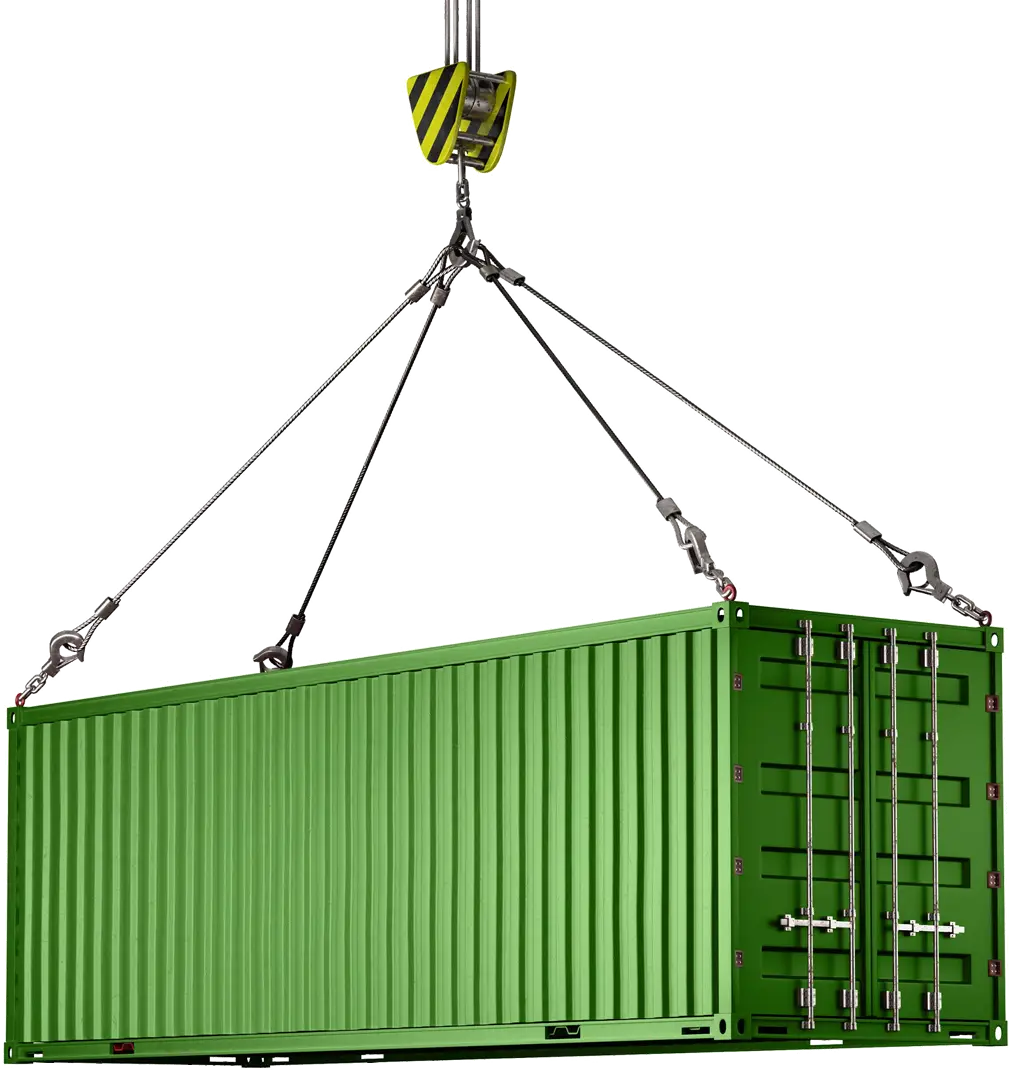Revolutionizing Self-Storage With Innovation & Sustainability
Why Shipping Containers For Self Storage Facilities?
GreenSpace Self-Storage Development: Less Expensive & Faster
GreenSpace
Self-Storage Development
Less Expensive & Faster
GreenSpace Self-Storage has developed a patented construction methodology to build multi-level self-storage facilities using stacked recycled shipping containers. These facilities are indistinguishable from traditional Class A self-storage facilities but come with the added benefits of reduced construction costs and timelines, resulting in an increased ROI.
Why Shipping Containers To Build Self-Storage Facilities?
Modular construction using shipping containers ensures precision and quality control, creating a weatherproof structure once set and roofed—unlike traditional methods exposed to the elements.
Shipping containers are designed to carry heavy loads (200+ lbs. per square foot), far exceeding building code requirements, making them exceptionally strong and durable for construction.
Off-site modification of shipping containers ensures that, once stacked, the building is ready for roof installation and finishing, minimizing on-site labor and completing structural work efficiently.
Using upcycled shipping containers minimizes the need for traditional building materials and significantly reduces energy consumption and CO2 emissions during construction, while providing long-lasting structural integrity.
Shipping containers offer exceptional affordability, providing 320 square feet each at low cost, resulting in rentable storage space for approximately $6 per square foot
Our Methodology
GreenSpace Self-Storage has a patented construction methodology to build multi-level self-storage facilities using stacked recycled shipping containers. These facilities are indistinguishable from traditional Class A self-storage facilities but come with the added benefits of reduced construction costs and timelines, resulting in an increased ROI.
GreenSpace’s construction methodology typically saves $12-$20 GFS on hard costs vs. traditional self-storage construction methods
Construction time is typically 1 – 2 months faster than a similar facility built using traditional self-stroage construction methods.
For a 100,000 RSF facility, it requires on average 350-400 shipping containers and it takes approximately 4 weeks to stack the containers onsite
Built with ~77% recycled materials with lower CO2 emissions during construction
All buildings meet or exceed building code requirements.
Multiple completed projects nationwide and multiple exits to institutional buyers.

Did You Know?
Building with shipping containers reduces the amount of concrete used vs a “traditional” build by 1500-1800 cubic yards of concrete, +/- 200 truckloads of concrete.
We save enough energy during construction to power about 600 average US homes for one year.
Our methods save about 600-800 tons of greenhouse gas CO2 from going into the atmosphere vs traditional construction.
Proven Success in Sustainable Storage Solutions
At GreenSpace Self-Storage, our innovative approach has demonstrated measurable success through real-world projects. Highlighted case studies include our White Marsh, MD facility, a 135,653 sq. ft. development completed and sold to an institutional buyer, and the Pearland, TX facility completed and sold to a major REIT, showcased our cost-effective, eco-friendly construction method and achieved significant returns. These projects validate GreenSpace’s ability to deliver high-quality, sustainable self-storage facilities that maximize ROI while meeting rigorous industry standards.
Our Story
Co-Founders Rick Stockton and David Ledoux founded GreenSpace Self-Storage, LLC based on an idea they drew-up on a cocktail napkin on February 13, 2015. The idea to arrange shipping containers in specific ways to build multi-story self-storage facilities is forever memorialized on that napkin on display in the conference room at their headquarters….and on the first of several domestic and international patent applications. The domestic patents are issued and the international patents are pending (applications).



